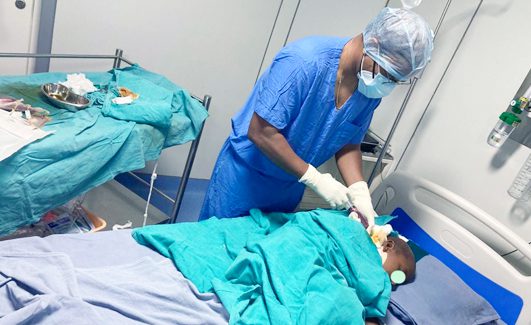
Bone marrow transplants have transformed the treatment of several life-threatening conditions, including certain cancers, blood disorders, and immune deficiencies. While advanced medical techniques and hospital facilities are essential, the role of donors remains central to the success of these procedures. Understanding the responsibilities, challenges, and contributions of donors helps shed light on why they are a vital part of this life-saving process.
Understanding Bone Marrow Transplants
Hospitals specialising in transplants play a key role in matching patients with suitable donors, providing advanced diagnostic facilities, and ensuring safe transplant procedures. These hospitals work with both national and international donor registries to find compatible matches, making the donor’s role in recovery even more crucial. The availability of a well-equipped bone marrow transplant hospital and a suitable donor can significantly influence treatment outcomes.
Types of Donors
Donors for bone marrow transplants fall into several categories:
- Related Donors: Often siblings or close relatives. A full genetic match is more likely within families, making them the first preference.
- Unrelated Donors: Found through national or international donor registries. These matches are critical when no suitable family donor is available.
- Cord Blood Donors: Parents may donate umbilical cord blood after birth, which contains stem cells suitable for some transplant cases.
Each type of donor plays a unique role, and the choice depends on the patient’s condition, urgency of treatment, and compatibility.
Donor Compatibility and Matching
Matching a donor to a recipient is based on human leukocyte antigen (HLA) markers. These genetic markers help determine how well the patient’s body will accept the donor’s cells. A close HLA match reduces the risk of graft-versus-host disease, where the donated cells attack the recipient’s body.
Modern laboratories use advanced testing to ensure the closest possible match. Even with this precision, finding a compatible donor can be challenging, which is why increasing the number of registered donors remains important.
The Emotional and Ethical Aspects of Donation
For many donors, the decision to give is deeply personal. Some are motivated by a desire to help a loved one, while others register voluntarily to help strangers in need. In either case, the act involves a strong sense of compassion and responsibility.
Ethical considerations, such as informed consent and ensuring the donor’s well-being, are fundamental. Reputable hospitals follow strict protocols to protect donors during every stage of the process.
The Impact of Donors on Patient Outcomes
The contribution of donors cannot be overstated. Without them, many patients would have no access to the treatment they require. Studies show that matched donor transplants can significantly improve survival rates for certain conditions. Donors not only provide cells but also give patients and their families renewed hope for recovery.
How Hospitals Support Donors
A good bone marrow transplant hospital will have dedicated teams to support donors before, during, and after the procedure. This includes:
- Comprehensive medical screening
- Counselling and education on the process
- Medical care during collection
- Follow-up checks to ensure full recovery
This support helps donors feel confident and informed, which encourages more people to participate.
Encouraging More Donors to Register
Despite global efforts, there is still a shortage of registered donors, particularly in regions with diverse ethnic populations. Increasing awareness about the simplicity and safety of donation can help address this gap. Public health campaigns, educational initiatives, and collaborations with community groups can play a key role in attracting new donors.
The Role of International Collaboration
Some patients may need donors from other countries if no local match is found. International registries enable hospitals to search worldwide for suitable matches. This level of cooperation ensures that more patients can benefit from a transplant, even when compatible donors are rare within their home country.
Challenges Faced in Donor Programmes
Several factors can limit the effectiveness of donor programmes:
- Lack of awareness about the need for donors
- Misconceptions about the donation process
- Cultural or personal reluctance
- Logistical issues in matching and transporting cells
Addressing these challenges requires continuous public engagement and improvements in donor services.
Conclusion
Donors are the foundation of bone marrow transplant success. Their willingness to give healthy cells enables patients to receive treatments that can restore health and extend life. While medical teams, advanced equipment, and hospital expertise are essential, it is the donor who makes the procedure possible. Encouraging more people to register, supporting them throughout the process, and acknowledging their role will ensure that more patients can access this life-saving option.
